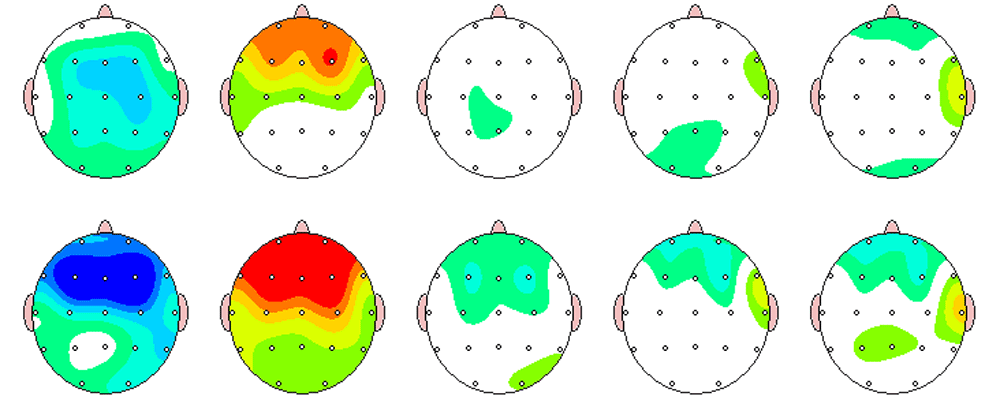There are several types of sleep disorders, including sleeplessness, slumber apnea, and unsettled leg syndrome. Sleeplessness is defined by difficulty going or staying asleep, while sleep apnea entails pauses in respiration during slumber. Restless leg syndrome causes uncomfortable feelings in the legs, leading to an irresistible desire to shift them. Each of these disorders can disrupt the normal slumber cycle, which comprises of different stages, including shallow sleep, deep sleep, and REM (rapid eye movement) slumber. Each stage plays a crucial role in preserving overall cognitive health and performance.
When slumber disorders disturb with these stages, brainwave activity can become erratic. For instance, during deep sleep, the brain generates gentle delta waves, which are important for physical restoration and memory consolidation. If a person undergoes frequent awakenings or does not attain profound sleep, the generation of these delta waves is reduced. This can result to difficulties in learning new knowledge and retaining memories. Additionally, REM sleep, which is associated with fantasizing and affective processing, is also affected. Interruptions in REM sleep can lead to issues with emotional regulation and inventiveness.
The impact of sleep disorders on cognitive function is substantial. Research has demonstrated that people with slumber disorders often face difficulties with focus and focus. This can affect their capability at school or work, making it difficult to complete tasks or participate in discussions. Furthermore, long-term slumber deprivation can result to mood changes, increased stress, and even anxiety or depression. These cognitive and affective challenges can create a cycle, where poor sleep results to cognitive difficulties, which in turn can result to more sleep problems.
Tackling sleep disorders is essential for improving brainwave activity and mental function. Therapeutic options may include habitual changes, such as establishing a regular slumber schedule, creating a comfortable slumber environment, and engaging in relaxation techniques. In some cases, medical intervention may be necessary, such as using navigate to this site a CPAP machine for slumber apnea or pharmaceuticals for sleeplessness. By prioritizing sleep and pursuing appropriate care, individuals can improve their overall mental abilities and improve their quality of life. Comprehending the relationship between sleep disorders, brainwave activity, and mental function is an important step toward improved health and well-being.
